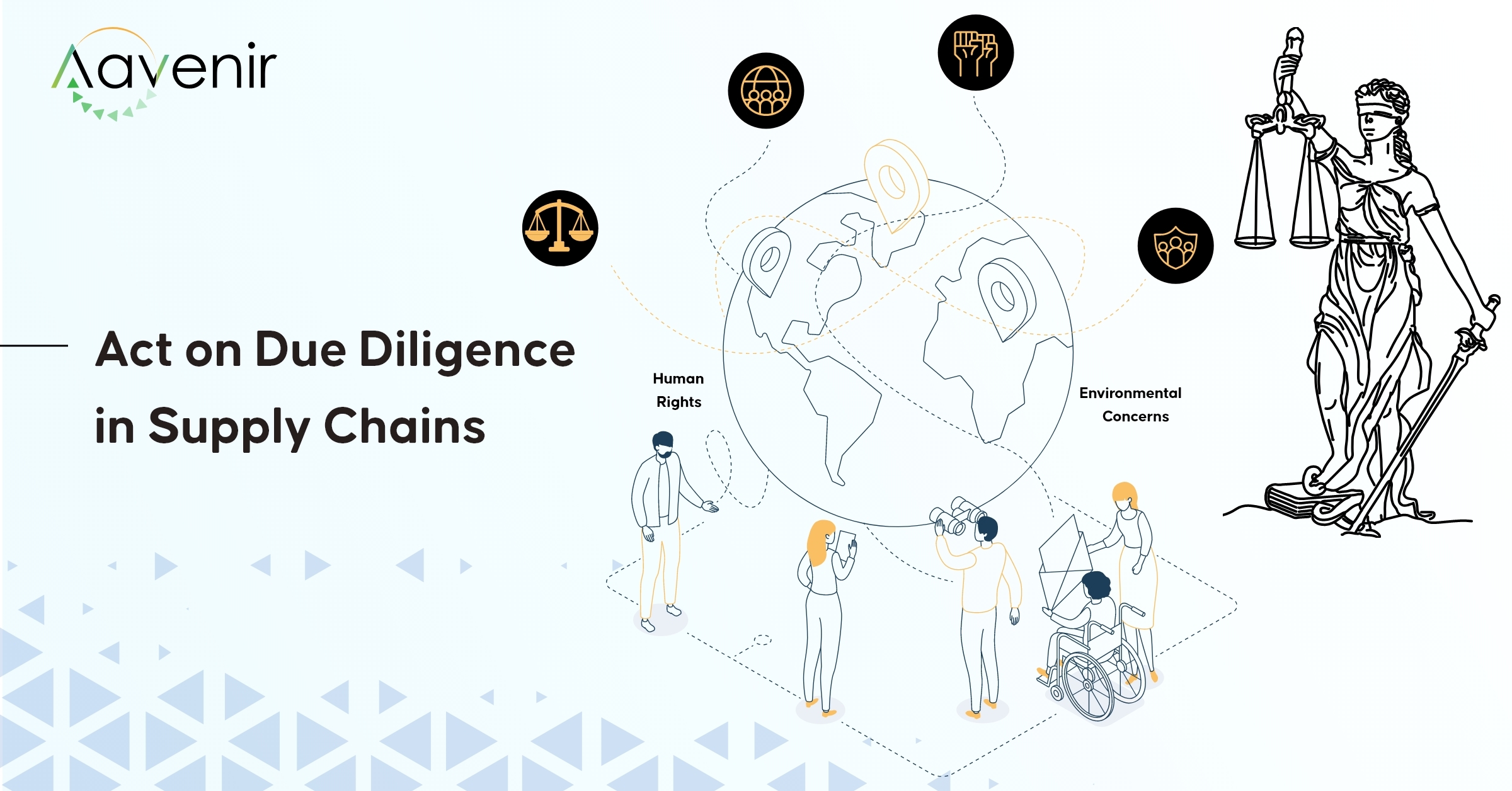Global supply chains are intricate, fragmented, and entangle many third-party vendors and intermediaries worldwide. Unwillingly and unknowingly, it keeps welcoming disasters and mishaps. From Adidas’ warehouse management disaster in 1996 to Nike’s significant inventory shortages and excesses in 2001, companies worldwide have learned from supply chain disruptions.
History has witnessed disasters reshape supply chains. The COVID-19 pandemic was no less than a disaster. Even before the pandemic, companies confronted supply chain abuses in s that comprised dangerous working conditions, forced labor, child labor, insufferable living conditions, environmentally damaging manufacturing processes, bribery, and corruption.
DID YOU KNOW?
A recent survey by the Institute for Supply Management revealed that 97 percent of companies representing more than 600 procurement professionals have suffered inevitable supply chain disruption to their organizations due to the COVID-19 pandemic.
Successful management of complex, convoluted, and business-critical supply chain is no mean feat. In addition, the interdependency of supply chains makes them highly vulnerable to risks because a minor incident can quickly affect the entire network.
Vendors and supply chain partners expose organizations to several different types of risks, including regulatory risk, reputation risk, financial risk, etc. Hence, undoubtedly, to protect your entire supply chain — from the procurement of raw materials to product development and delivery to the consumer — it’s critical to perform comprehensive due diligence (CDD) checks when onboarding new vendors and throughout the entire life of the contract.
Introduction to German Supply Chain Due Diligence Act
On January 1, 2023, the German Supply Chain Due Diligence Act (GSCDDA) will come into effect, requiring in-scope companies to identify and assess risks to human rights and the environment within their supply chains and establish effective risk management systems.
As part of the fight against human rights violations and environmental degradation, the new law notably aims to protect people from modern slavery, forced labor, human trafficking, hazardous work, and exploitation in accordance with the standards of the International Labour Organisation (ILO).
From January 2023, the Act applies to companies with their principal place of business, a domestic branch office, or their administrative headquarters in Germany and have at least 3,000 employees. Employees abroad will also count towards this number. Beginning January 2024, the Act applies to companies with at least 1,000 employees.
In legal terms, the Act primarily means that companies will need to adapt and update their compliance, purchasing, and contract drafting processes.
The scope of this Act covers both direct and indirect suppliers.
Implementation of Supply Chain Due Diligence Act
GSCDDA aims to improve the protection of international human rights and the environment by setting binding standards for large companies and their value chains.
With the implementation of the Act, companies are expected to play an active and substantial role in identifying and reporting risks and gauging adverse impacts throughout their supply chain, such as forced (child) labor and deforestation, and take suitable action to prevent them. In addition, companies within the scope of the Act must set up each of the following due diligence procedures to safeguard human rights and the environment in their global supply chain.
- Risk analysis and management
- Policy statement
- Preventive and remedial measures
- Complaint procedures
- Reporting and documentation of obligations
Source: Deloitte
Supply Chain Due Diligence – Obligations and the Next Steps
Let’s have a glimpse into the practical steps if the law applies to your business:
- The most crucial first step in a responsible sourcing system is to map all of your direct suppliers. Look at the information you already have on your direct suppliers to understand whether you have a complete list.
- Work with your procurement and buying teams to create a complete list of your direct suppliers. The list should include their locations, the nature of these businesses, the nature of their workers, and contact details for each supplier.
- Conduct a basic risk assessment of direct and indirect suppliers, based on the location of the suppliers and the types of people they employ. Certain demographics and (types of) workers, such as migrant workers, are considered more vulnerable to risks.
- Issue a policy statement on their human rights strategy.
- On violation of human rights or environmental obligations, the company must immediately take appropriate remedial action (including prevention, reduction, remediation, suspension of a business relationship, and termination in case of material violations).
Consequences and penalties if companies fail to comply with this law
If the companies who are under the jurisdiction of the law fail to comply with its requirements, here are some possible consequences they have to face:
- Fines of up to €800,000, or up to 2% of their average annual global turnover.
- Exclusion from winning public contracts in Germany for up to three years.
How to Ensure Compliance with GSCDDA and Derisk Contracting Processes?
Companies under the scope should increasingly take the new requirements of the Supply Chain Due Diligence Act into account in the context of legal due diligence. Therefore, companies must integrate the Supply Chain Act requirements into existing compliance management systems (CMS).
Consequently, it is highly possible that companies directly falling under the obligation will want to tie the award of contracts to their suppliers in the future to the latter’s observance of corresponding compliance standards and to negotiate the related contractual requirements.
One effective tool in this regard is contractual provisions setting out clear standards and protections for human rights and due diligence mechanisms. It can identify and address risks and adverse impacts proactively and regularly. Optimized processes and technology tools used in Contracting Lifecycle Management (CLM) also fit here.
One such example is the Aavenir Contractflow and Aavenir Obligationflow. Harnessing ServiceNow GRC, these tools offer an AI-enabled solution that includes a centralized contract repository, and AI-powered contract analytics. Not only will it help streamline but also audit the end-to-end supply chain.
Have certain questions unanswered, or want to know how you can successfully implement supply chain due diligence for your business? Talk to our experts today.





